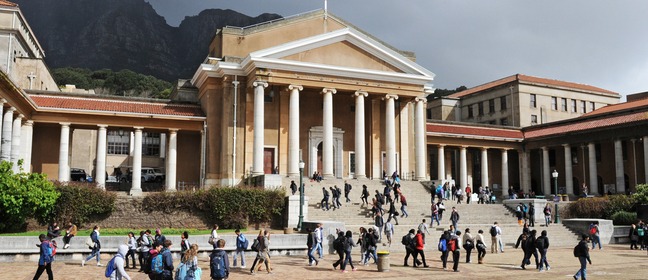Engineering Precision: How Adewale Adeniran is Redefining Automation and Control Systems for the Digital Age

Automation has long promised efficiency, but in reality, it delivers value only when anchored in precision and human-centered design. In industrial control systems where milliseconds can define safety and millions hinge on uptime, technology must enhance judgment, not replace it. Under Engr. Adewale Adeniran’s direction, automation has evolved from a layer of convenience to a framework of reliability that transforms the way complex networks operate.
Adeniran, a Fellow of the Nigerian Society of Engineers (NSE), Senior Member of IEEE, and COREN-certified engineer, has spent the past decade translating theory into tangible systems that work at scale. His focus has been on intelligent automation for broadcast and energy infrastructure, creating architectures that blend artificial intelligence with real-time control logic to achieve unprecedented operational stability.
The pivotal idea driving his work is that automation should see, predict, and adapt; not merely react. Across transmission plants and power distribution systems, Adeniran’s frameworks are equipped with embedded AI algorithms that interpret sensor data in real time, forecast system anomalies, and self-correct before disruptions occur. These predictive controls have reduced downtime incidents by measurable margins and helped organizations transition from reactive maintenance to proactive reliability.
One defining project involved modernizing the Nigerian Television Authority’s national broadcast automation network, where delays and synchronization issues once led to costly outages. By integrating adaptive control systems with machine learning feedback loops, Adeniran’s team developed a solution that continuously recalibrated signal flow and equipment load under varying environmental and operational conditions. The result was a dramatic improvement in broadcast uptime and a benchmark model later adapted by other regional stations.
Beyond broadcasting, Adeniran’s methods have influenced energy control applications, particularly in high-load environments that require precise monitoring of temperature, voltage, and current fluctuations. His systems don’t just monitor—they learn. Through adaptive modeling, they recognize degradation signatures in transformers or cooling systems before critical thresholds are reached, allowing operators to execute interventions days in advance and extend asset lifespans significantly.
Yet, the strength of his work lies not only in the algorithms but in how data is used. Across networks, Adeniran has designed analytics dashboards that translate raw telemetry into decision-ready intelligence. These visual tools model operational risk, quantify energy efficiency, and simulate how disruptions propagate through systems. The approach converts engineering data into business foresight—turning control rooms into strategic command centers.
The impact has not gone unnoticed. In 2024, Engr. Adeniran was honored with the “Most Outstanding Automation & Control Systems Professional of the Year” Award by the Nigeria Technology Awards (NiTA)—a recognition presented by Beta Media Group to innovators shaping Africa’s technology landscape.
But Adeniran’s success is not rooted in accolades; it’s in execution. Every deployment under his leadership is benchmarked against live-environment data, with measurable performance indicators across cost efficiency, operational reliability, and safety compliance. His teams undergo retraining with each implementation cycle, ensuring that automation evolves alongside human expertise.
He often emphasizes that there is no universal automation template—each environment demands its own logic. In one facility, his system synchronizes transmission bandwidth to minimize energy draw. In another, it stabilizes control feedback loops against unpredictable load surges. The philosophy remains consistent: build technology that listens to the system before it speaks for it.
In an era saturated with “smart” labels and over-engineered solutions, Adeniran’s work stands out for one reason—it restores control. Not just over machines, but over how humans interact with them. His brand of engineering intelligence doesn’t chase novelty; it defines standards. And in industries where precision governs trust, that kind of leadership doesn’t just automate processes—it advances an entire profession.







